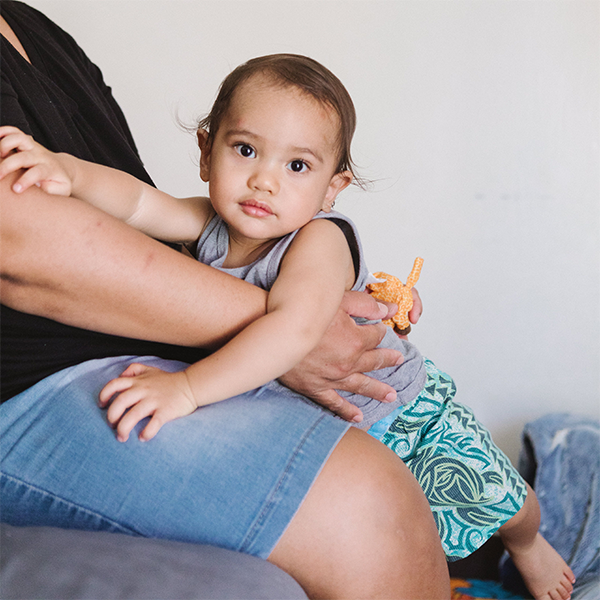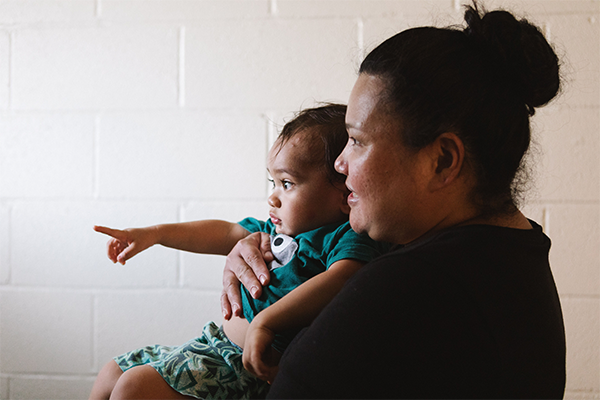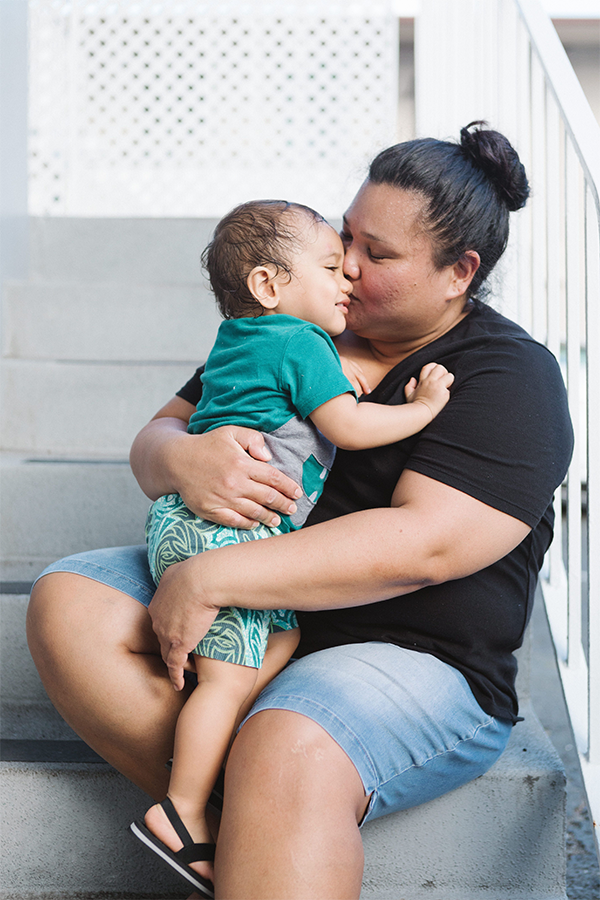 When the coronavirus stay at home order was announced in Hawai'i, Nanci Kreidman, CEO of Hawai'i’s Domestic Violence Action Center (DVAC), knew that it would be an exceptionally risky period for DVAC clients. Many of the tools the organization had been using to support women experiencing domestic violence would no longer work. “Their options shrank dramatically overnight. People were not going to be able to make telephone calls, because their abuser is going to be standing right next to them,” says Kreidman. At the same time, she says, the threat level skyrocketed as options to defuse tension by leaving the house or receiving visitors shrank. “When you are a prisoner of your abuser and following a stay at home directive, you are going to be in real danger.”
When the coronavirus stay at home order was announced in Hawai'i, Nanci Kreidman, CEO of Hawai'i’s Domestic Violence Action Center (DVAC), knew that it would be an exceptionally risky period for DVAC clients. Many of the tools the organization had been using to support women experiencing domestic violence would no longer work. “Their options shrank dramatically overnight. People were not going to be able to make telephone calls, because their abuser is going to be standing right next to them,” says Kreidman. At the same time, she says, the threat level skyrocketed as options to defuse tension by leaving the house or receiving visitors shrank. “When you are a prisoner of your abuser and following a stay at home directive, you are going to be in real danger.”
 With a grant from the Hawai'i Resilience Fund of the Hawai‘i Community Foundation, DVAC acted swiftly, rolling out a text service and adding a chat feature to their website, so women who needed help could communicate silently. They also extended staff hours so that the new silent communication options could be available around the clock—versus only during office hours. Usage of the features has been very high, says Kreidman.
With a grant from the Hawai'i Resilience Fund of the Hawai‘i Community Foundation, DVAC acted swiftly, rolling out a text service and adding a chat feature to their website, so women who needed help could communicate silently. They also extended staff hours so that the new silent communication options could be available around the clock—versus only during office hours. Usage of the features has been very high, says Kreidman.
 DVAC raises public awareness about domestic violence, helps people experiencing domestic violence identify what’s happening, and also, if they’re ready, helps them exit those relationships. That can involve a journey through the legal system that can take months or years, as well as physical danger. “Leaving is not an event,” says Kreidman, “It’s a process. It’s a treacherous journey from victim to survivor. Our staff are on the journey with them from beginning to end.”
DVAC raises public awareness about domestic violence, helps people experiencing domestic violence identify what’s happening, and also, if they’re ready, helps them exit those relationships. That can involve a journey through the legal system that can take months or years, as well as physical danger. “Leaving is not an event,” says Kreidman, “It’s a process. It’s a treacherous journey from victim to survivor. Our staff are on the journey with them from beginning to end.”
One of those people is Veronica, who first called DVAC when she was pregnant with her son, now 17 months old. She says DVAC provided her not only with legal assistance in winning full custody of her son, but financial and emotional support, counseling and accompaniment to each of her many court dates. “They do so much,” says Veronica, “And it was all free. Without [DVAC], I wouldn’t know that there was anyone out there that could help me go through what I went through.” Veronica says it was the birth of her son that helped her finally decide to make the call: “I looked at my son and said, ‘He has that sparkle in his eye. I’m not going to watch that fade away. Not while I’m alive.”
Because DVAC helped her walk away from domestic violence, Veronica experienced a very different lockdown than someone still trapped in the cycle. Working from home for the first time, she could be with her son around the clock. Being a single working parent during COVID-19 is a challenge, but one she welcomes; she knows she’s giving her son a better future in a home without violence. “I’m trying to raise my son in a joyful, happy atmosphere,” she says. “Our life is good! Right now, we’re taking a step forward. And I’m planning to just keep moving forward.”